
can dogs have tums Calcium Carbonate for Pets: What You Need to Know
can dogs have tums Calcium carbonate, commonly known by its brand name Tums®, is a versatile oral supplement used in veterinary medicine. It serves multiple purposes for dogs and cats, including treating low calcium levels (hypocalcemia), acting as an antacid, and functioning as a phosphate binder.
can dogs have tums While it can be used to manage conditions like esophagitis or gastroduodenal ulcers, calcium carbonate is rarely the first choice as an antacid, as there are more effective options available. Instead, it is most frequently prescribed for chronic conditions requiring long-term management. For acute hypocalcemic crises, veterinarians typically rely on injectable calcium gluconate for immediate relief.
can dogs have tums If your pet needs calcium carbonate, it’s crucial to work closely with your veterinarian. Monitoring calcium and phosphorus levels is essential to ensure your pet’s safety and to avoid complications. Although calcium carbonate is readily available over the counter, it should only be given under professional supervision. Always consult your vet before administering any supplement or medication to your furry companion.
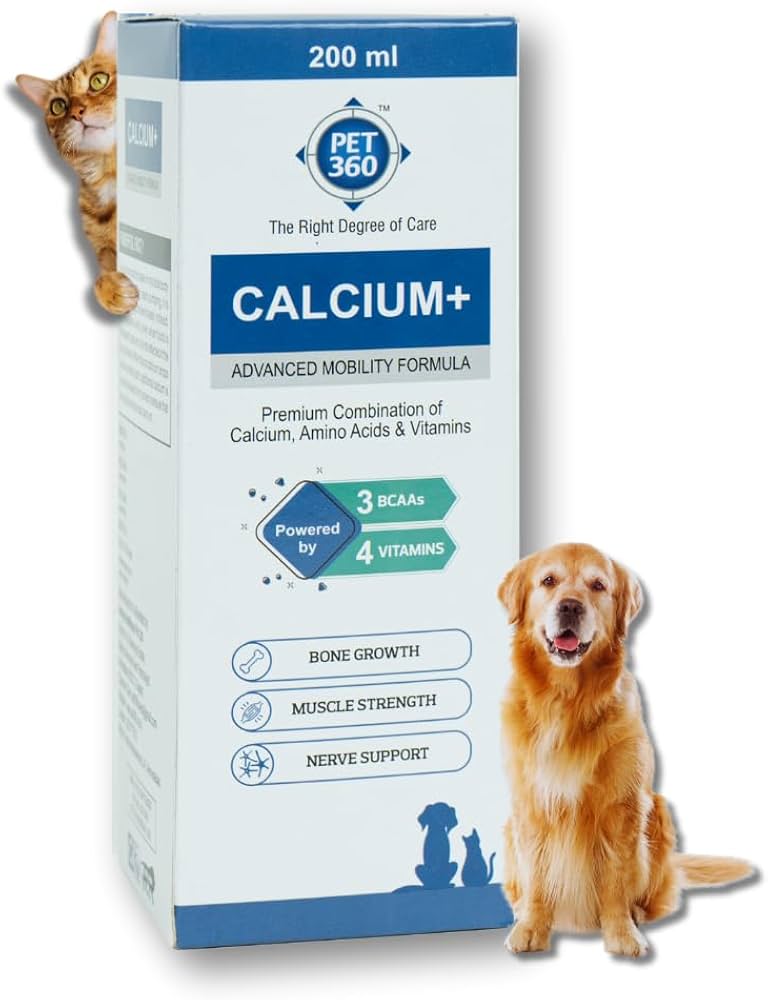
Brand Names and Other Names of Acetaminophen
Acetaminophen: What You Need to Know
can dogs have tums Acetaminophen, commonly known as Tylenol®, is a widely used medication for managing pain and reducing fever. While primarily registered for human use, it’s important to recognize the variety of brands offering this drug. Popular brands include Tylenol®, Acephen, Altenol, Aminofen, Apra, Cetafen, Dolono, Febrol, FeverAll, Mapap, Ofirmev, Pyrecot, Pharbetol, Silapap, Tylophen, and Tactinal.
can dogs have tums In the UK, this medication is known as paracetamol. It’s available in numerous generic formulations and is often combined with other ingredients in products designed to treat colds and alleviate pain. However, such combination products should never be used on animals without explicit approval from a veterinarian.
can dogs have tums Notably, there are no veterinary-specific formulations of acetaminophen, making it critical to use extreme caution when considering its use in pets. Always consult a professional before administering any human medication to animals.
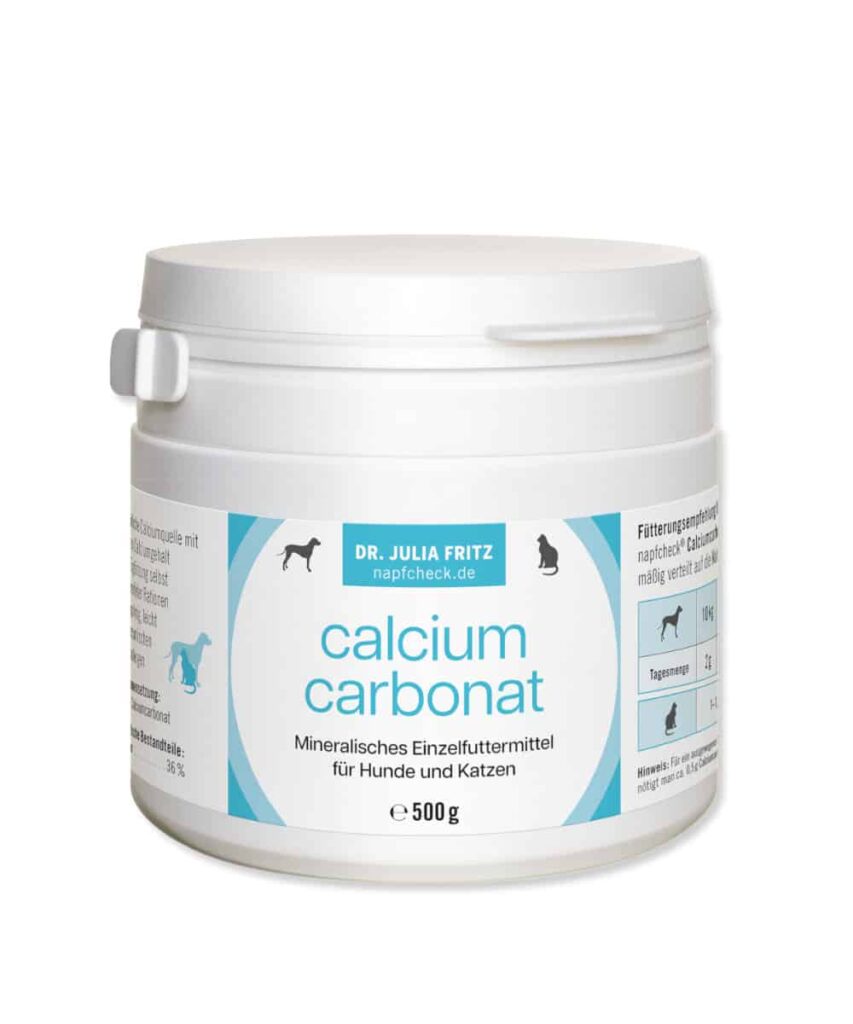
Uses of Calcium Carbonate for Dogs and Cats
Uses of Calcium Carbonate for Pets
can dogs have tums Calcium carbonate has several applications in veterinary care. It can be used as an oral antacid to manage conditions like esophagitis or gastroduodenal ulcers. However, it is not commonly prescribed for this purpose, as more effective antacid options are available.
can dogs have tums Its primary use in pets is as a calcium supplement for dogs with chronic hypocalcemia (low calcium levels). It’s also commonly employed to treat hyperphosphatemia, a condition characterized by elevated phosphate levels, often associated with chronic kidney disease. If your pet is prescribed calcium carbonate, your veterinarian will tailor the treatment to their specific needs.
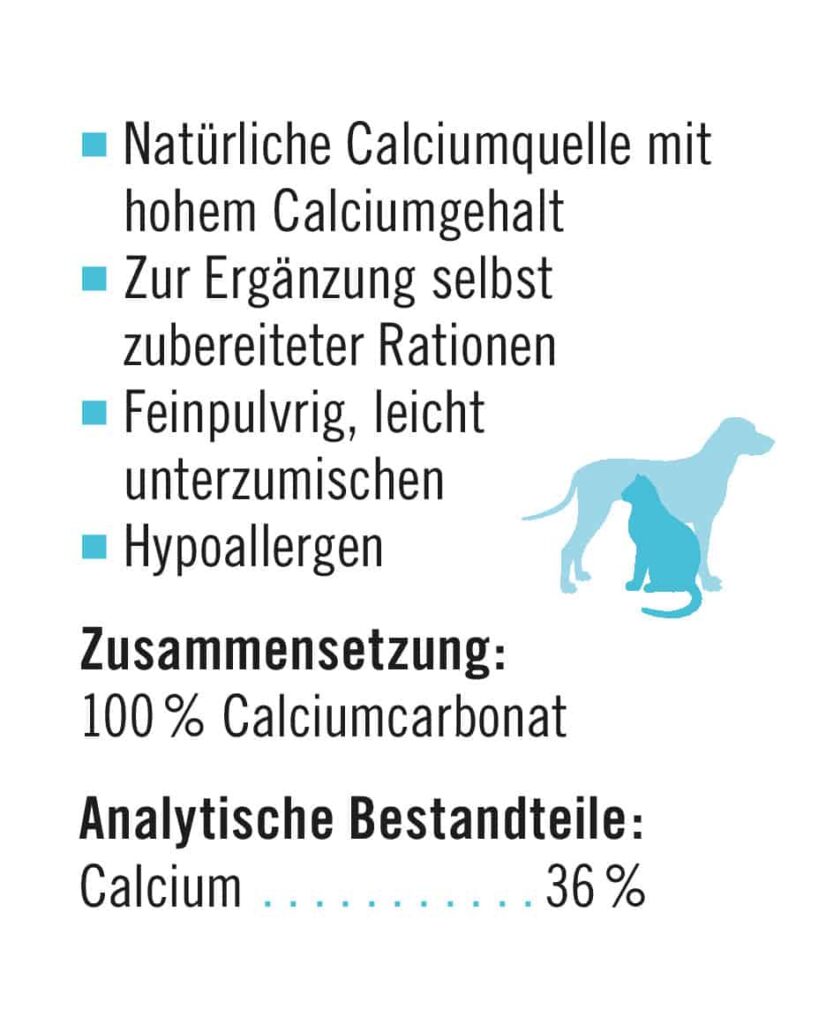
Precautions and Side Effects
Is Calcium Carbonate Safe for Pets?
can dogs have tums Calcium carbonate is generally safe and effective when used as prescribed by a veterinarian. However, like any medication, it can cause side effects in some animals. Pets with known hypersensitivity to calcium carbonate or those with high calcium levels should not take it.
can dogs have tums While the safety of calcium carbonate in pregnant or lactating pets hasn’t been extensively studied, most veterinarians consider it safe for use during lactation. However, long-term use does come with potential risks, including soft tissue calcification.
can dogs have tums As always, it’s important to work closely with your veterinarian to monitor your pet’s health and adjust treatment as needed. Proper supervision ensures that the benefits of calcium carbonate outweigh any risks for your furry friend.

Drug Interactions
Calcium Carbonate and Medication Interactions in Pets
can dogs have tums If your pet is prescribed calcium carbonate, it’s important to know that it can interact with other medications. Always consult your veterinarian to determine if any drugs your pet is currently taking could cause complications.
Here are some common interactions to consider:
can dogs have tums Using calcium carbonate alongside other calcium products, such as calcium gluconate or calcitriol, may lead to dangerously high calcium levels (hypercalcemia).
can dogs have tums Pets with cardiac arrhythmias should use calcium carbonate cautiously, especially if they are on heart medications like digoxin.
can dogs have tums Certain antibiotics, including tpantprazole concentration animaletracycline, doxycycline, and fluoroquinolones (e.g., enrofloxacin or ciprofloxacin), are not recommended for use with calcium carbonate, as it may reduce their effectiveness.
can dogs have tums Additional interactions may occur with thyroid supplements and stomach medications like misoprostol, famotidine (Pepcid®), ranitidine (Zantac®), and cimetidine (Tagamet®).
can dogs have tums To ensure your pet’s safety, always discuss their full medical history and current medications with your veterinarian before starting calcium carbonate.
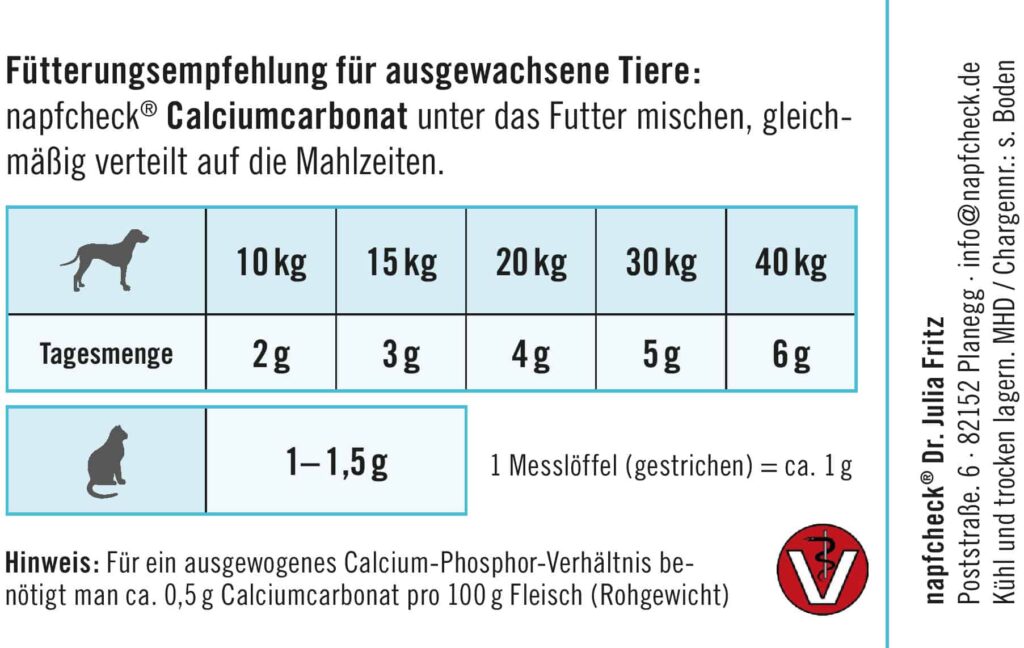
How Calcium Carbonate is Supplied
Calcium Carbonate Products: Options for Pets
Calcium carbonate comes in various forms to suit your pet’s needs. It is available as chewable or regular tablets in common strengths of 500 mg, 750 mg, and 1000 mg. For pets that have difficulty swallowing pills, liquid options are also available, such as oral suspensions at a concentration of 1250 mg per 5 mL.
Your veterinarian can help determine the most appropriate form and dosage for your pet based on their condition and preferences. Always follow their guidance to ensure safe and effective use.
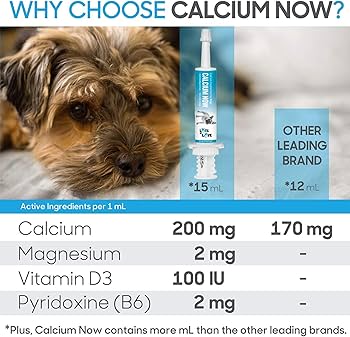
Dosing Information of Calcium Carbonate for Dogs and Cats
How to Use Calcium Carbonate for Pets: Dosage and Administration
Before giving your pet any medication, including calcium carbonate, always consult your veterinarian. Proper dosing depends on your pet’s specific condition, their response to treatment, and any potential side effects.
General Guidelines for Calcium Carbonate Administration
Administration: Calcium carbonate should be given with food to improve absorption and reduce side effects.
Dosage: Doses vary widely based on the purpose of treatment. Follow your veterinarian’s instructions closely, even if your pet seems to improve, to avoid relapse.
Dosage Recommendations
1. As an Antacid:
Small dogs: 500 mg orally every 4 hours as needed.
Medium dogs: 750 mg to 1000 mg orally every 4 hours.
Large dogs: Up to 2000 mg orally every 4 hours.
2. As a Calcium Supplement:
Cats: 1250 mg to 2 grams per day.
Small breed dogs: 1250 mg per day.
Medium breed dogs: 2 grams to 4 grams per day.
Large breed dogs: 4 grams to 6 grams per day.
Giant breed dogs: 6 grams to 10 grams per day.
3. For Hyperphosphatemia (Chronic Kidney Failure):
Dosage is based on body weight: 41 to 68 mg per pound (90–150 mg/kg) per day, divided into smaller doses. This dose is typically adjusted based on blood phosphorus levels and must be given with food.
Duration of Treatment
The length of treatment depends on your pet’s condition and how they respond to calcium carbonate. Regular monitoring by your veterinarian is crucial to ensure proper dosing and prevent complications.
Always follow your veterinarian’s prescription plan to ensure the best outcome for your pet’s health.
Resources & References:
References for Calcium Carbonate Use in Pets
When discussing the use of calcium carbonate and other treatments for pets, it’s important to rely on credible veterinary resources. The following references provide valuable insights and guidance:
ASPCA Pet Poison Hotline and Pet Poison Helpline: Trusted resources for information on potential toxicities and safe medication use in pets.
Plumb’s Veterinary Handbook (8th Edition) by Donald C. Plumb: A comprehensive guide for drug dosages, interactions, and veterinary pharmacology.
Current Veterinary Therapy XV by Bonagura and Twedt: A valuable resource for the latest in veterinary clinical practices.
Polzin, D. J. (2013): Evidence-based approaches to managing chronic kidney disease in dogs and cats, published in Vet. Emerg. Crit. Care.
Polzin, D., et al. (2005): Chronic Kidney Disease chapter in the Textbook of Veterinary Internal Medicine: Diseases of the Dog and Cat (6th Edition) by Ettinger and Feldman.
Textbook of Veterinary Internal Medicine by Ettinger and Feldman: A foundational text for veterinary professionals on internal medicine and disease management.
These resources ensure that treatment plans are informed by evidence-based practices and expert recommendations, helping veterinarians provide the best care for pets.

